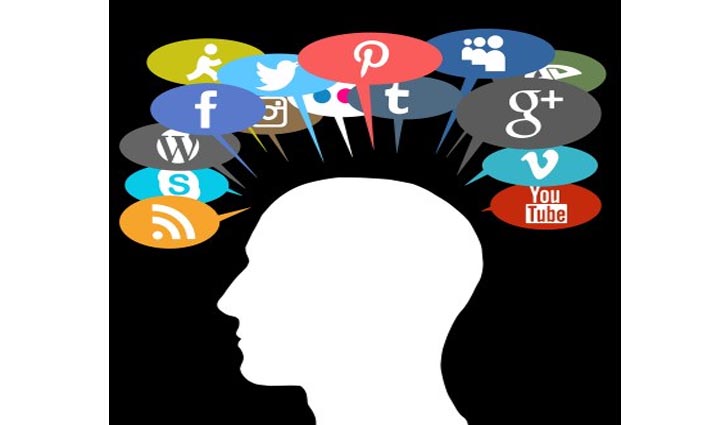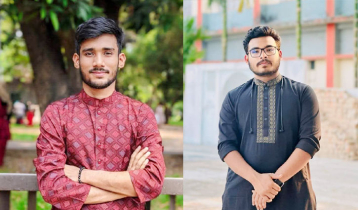Social media can damage us psychologically
T. Mahmud || risingbd.com

Social media can be quite enjoyable. We can post memorable pictures/videos on online platforms for free, as well as have the opportunity to meet individuals from other parts of the world and befriend them. It’s also a great way for us to connect with family members or colleagues whom we haven’t seen or heard from for a long time (I myself was able to find 3 cousins on Facebook whom I either never met in real life or have probably seen once when I was really young). Social media has also become popular for businesses to flourish, as well as education about various topics to reach a wider audience.
Looking past the glitz and glamour, social media has a dark reality which we may not fully be aware of. Many studies have shown a correlation between heavy social media use and an increased risk for depression, anxiety, suicidal thoughts, and loneliness. Even if we know that other people’s pictures/videos have been carefully choreographed, edited, or manipulated, we may still find ourselves feeling insecure about the quality of our lives as well as how we look. Additionally, we may tell ourselves that those posts only captured a highlight of someone else’s life, but our feelings of dissatisfaction or envy could still persist if we’re not careful with our thoughts.
Heavy social media usage has been shown to be associated with changes in attention. Social media addicts tend to perform worse on cognitive tests, especially those that test their attention and multitasking ability. Compared to light-moderate social media users, these individuals would have to put in more effort to remain focused when distractions are present. The parts of the brain which are associated with maintaining attention also shrink as a result of spending too much time on social media.
Quitting social media isn’t easy for some individuals. Every time we receive a notification or post something online, our brain releases dopamine which is also known as the “happy” hormone. This may help to explain why it feels so rewarding whenever someone likes our posts or writes a positive comment. The more we chase after these “rewards”, the more our brain becomes wired to want more of what triggered the dopamine release. This eventually leads to someone becoming addicted to social media. There are studies which showed brain scans of heavy social media users looking similar to those who are addicted to gambling or drugs.
Using social media as a coping mechanism for stress, depression, or loneliness can become problematic. This is because social media provides us with many “rewards” that we may not be receiving in real life, therefore encouraging us to engage in it more and more. Eventually, this could lead to many problems, such as neglecting school/work responsibilities, giving little importance to real-life relationships, and becoming careless about our physical health. We would end up feeling worse about ourselves as these problems arise, and in order to combat these negative emotions, we may resort to social media even more. We would keep on doing this until it becomes a cycle that would be difficult to break away from.
In conclusion, social media can be both beneficial and enjoyable for a lot of us, but we have to be very careful. The mental health risks associated with heavy social media usage are not light matters. Hence, we have to be mindful of how much time we spend on social media as well as what we allow ourselves to be exposed to. Practicing self-discipline, developing good time management skills, and being productive with beneficial matters are among the few solutions for decreasing social media usage or quitting it altogether. We cannot let social media dictate our life, way of thinking, relationships, or health, or we’d end up in serious trouble.
About the writer: T. Mahmud completed her high school education in Dhaka. She received her Bachelors of Arts in Psychology at Simmons University, USA and a Masters in Special and Inclusive Education from UCL (University College London).
Dhaka/Mukul























